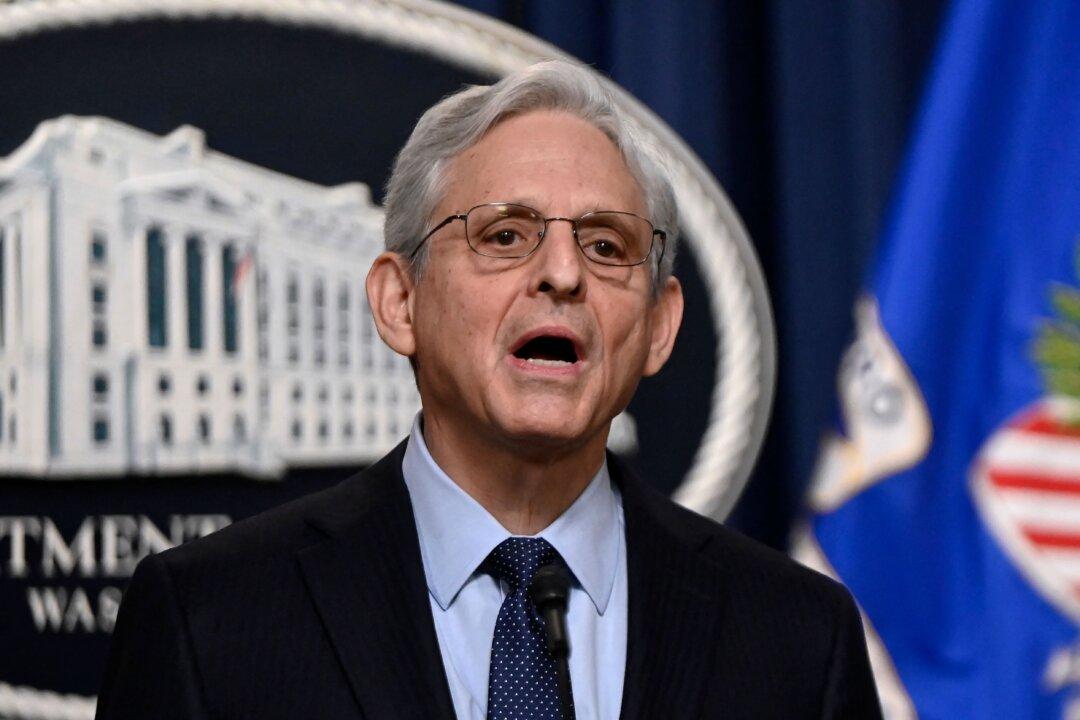Attorney General Merrick Garland appointed a special counsel on Jan. 12 to investigate whether any person or group broke the law in the handling of classified materials found in an office President Joe Biden had used, as well as in one of Biden’s homes.
“This appointment underscores for the public the department’s commitment to both independence and accountability in particularly sensitive matters and to making decisions indisputably guided only by facts and the law,” Garland, a Biden appointee, said in a prepared statement from the Department of Justice (DOJ) headquarters in Washington.





